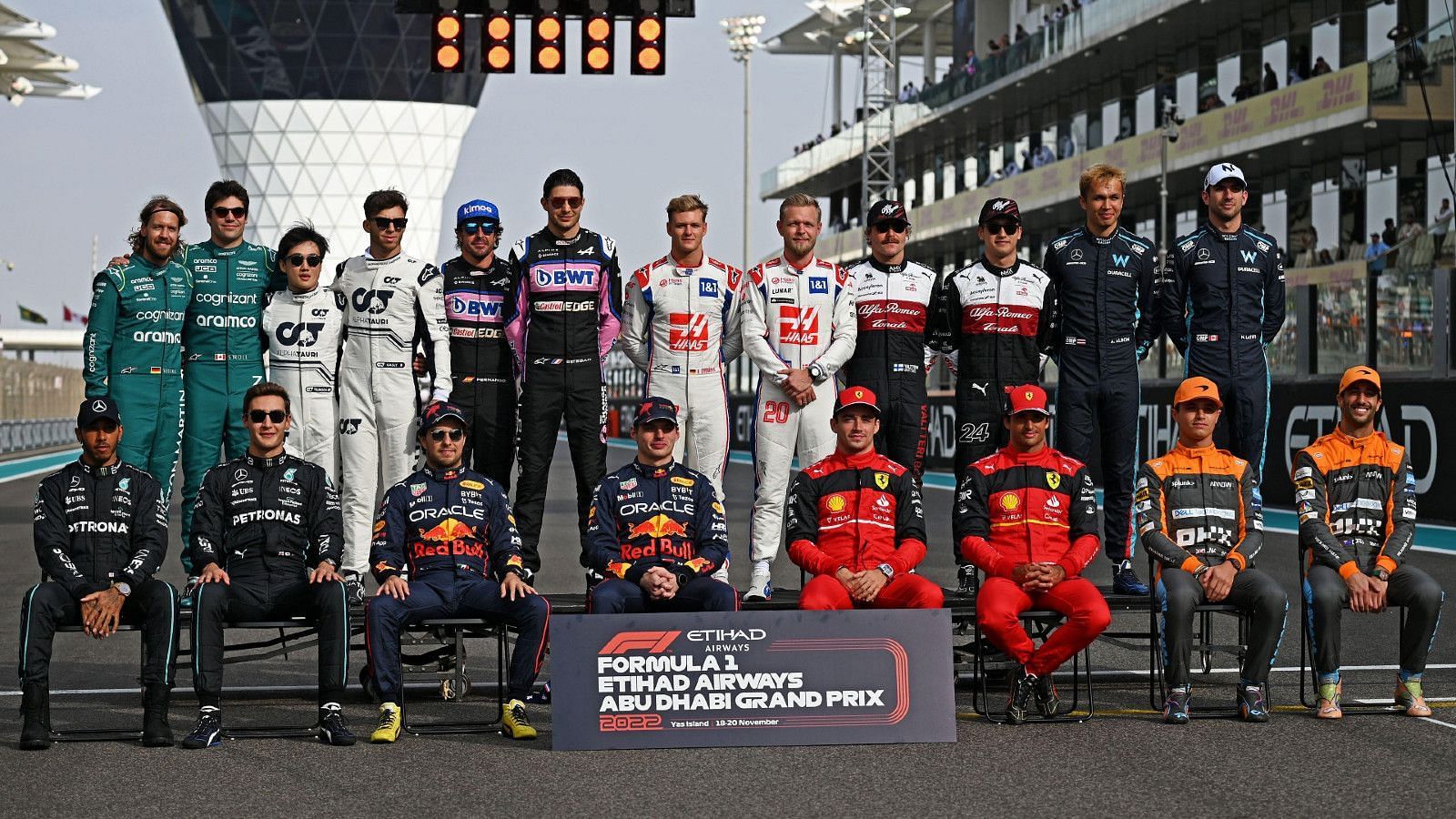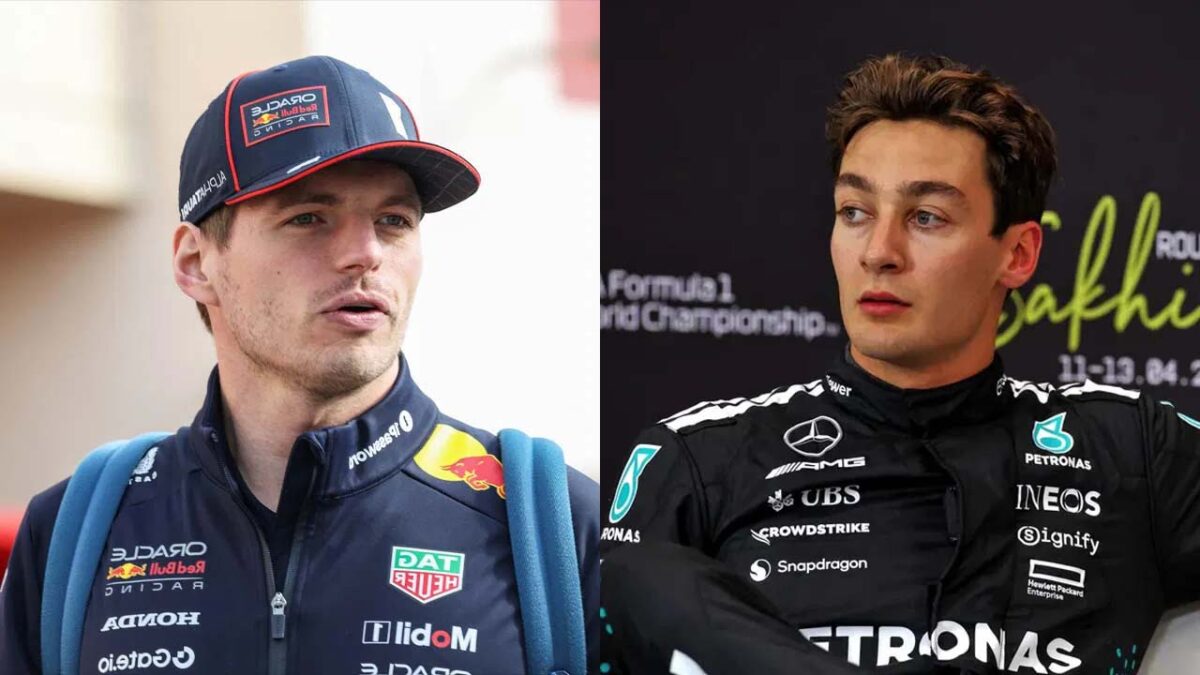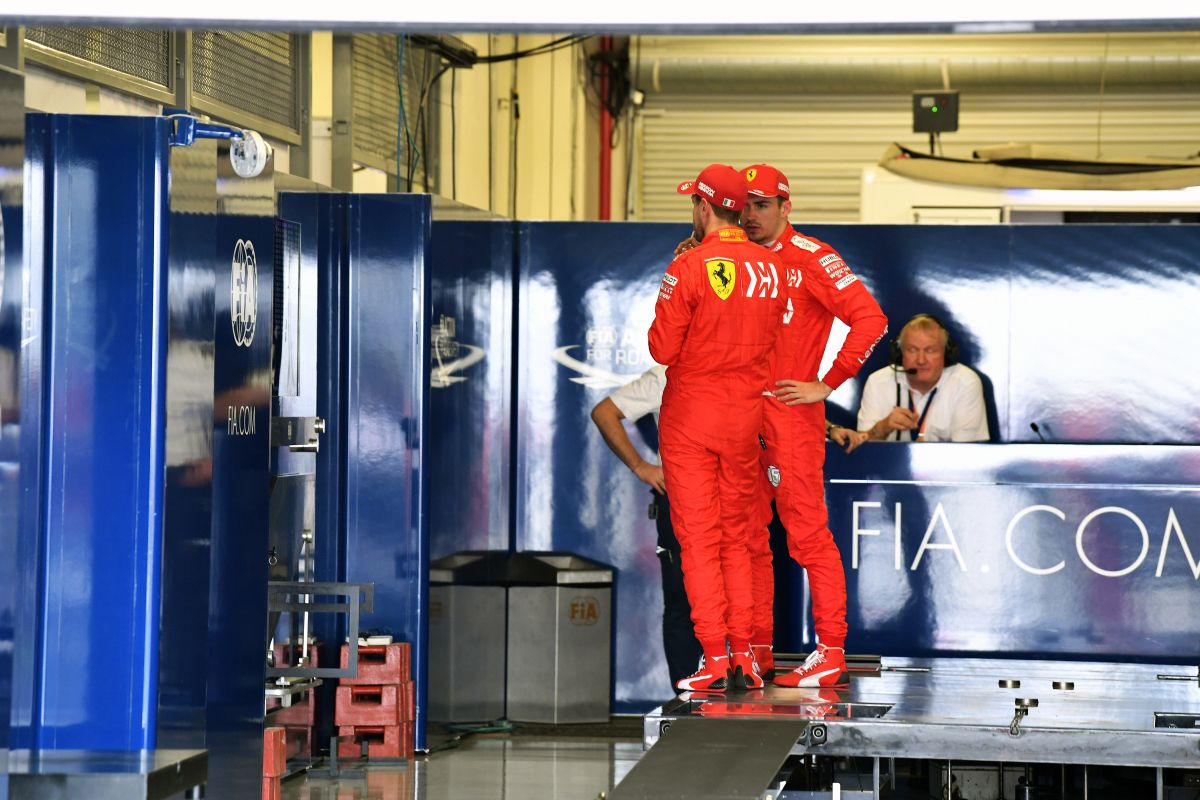Formidable Info About Do F1 Drivers Eat Before A Race

Fueling the Machine
1. The Pre-Race Meal Game Plan
Ever wondered what goes through an F1 driver's mind moments before they strap themselves into a rocket on wheels? Probably a mix of strategy, adrenaline, and hopefully, a well-thought-out meal! After all, these athletes are about to endure intense physical and mental strain for a couple of hours, so their bodies need the right kind of fuel.
Its not like theyre grabbing a burger and fries from the nearest pit stop, that's for sure. The pre-race meal is a carefully curated concoction designed to optimize performance, maintain energy levels, and prevent any unwanted mid-race stomach grumbles. Think of it as a high-performance gasoline for a high-performance engine — crucial for peak performance. If they don't eat right, they cant perform at their best, and in a sport where milliseconds matter, that can be the difference between winning and losing.
So, forget visions of pizza and ice cream; the reality is far more disciplined and strategic. Were talking about easily digestible carbohydrates, lean proteins, and a healthy dose of hydration. The specific ingredients can vary depending on the driver and their team's preferences, but the general principles remain the same. A racing driver's diet is as precision-engineered as their cars.
Imagine having to concentrate intensely while experiencing G-forces that would make your head spin — all while managing tire wear, fuel consumption, and battling for position. Now, imagine doing all of that on an empty stomach! Yeah, not ideal. That's why pre-race nutrition is so vital. It's about giving the drivers the edge they need to perform at their absolute best. And that, my friends, is why Do F1 drivers eat before a race is such a crucial question.

What F1 Drivers ACTUALLY Eat.. YouTube
Carbohydrates
2. Loading Up on Fuel
Carbohydrates are the cornerstone of any endurance athlete's diet, and F1 drivers are no exception. These carbs provide the readily available energy needed to power through a grueling race. But it's not just about any old carbs; it's about choosing the right kind and consuming them in the right amounts.
Complex carbohydrates, like pasta, rice, and potatoes, are often favored because they provide a sustained release of energy. These foods are digested more slowly than simple sugars, which prevents the dreaded energy crash that can derail a driver's performance. Picture trying to navigate a hairpin turn when your blood sugar is plummeting — not exactly a recipe for success. They want to go into the race with stable fuel.
Timing is also key. Drivers typically consume their carbohydrate-rich meal a few hours before the race to allow ample time for digestion. This prevents any digestive discomfort during the race, which would be a major distraction. Imagine the driver as a human battery, needing the right source of energy to get them across the finish line as fast as possible. Its like strategically filling the tank!
The specific amount of carbohydrates will depend on the driver's individual needs, but it's generally a substantial portion of their pre-race meal. Team nutritionists work closely with the drivers to determine the optimal carbohydrate intake based on their body weight, metabolism, and the expected demands of the race. This is science, not guesswork.

Protein
3. The Support System
While carbohydrates provide the primary fuel source, protein is also crucial for F1 drivers. Protein plays a vital role in muscle repair and recovery, which is essential for athletes who are constantly pushing their bodies to the limit. These drivers need to be in the best possible shape at all times.
Lean protein sources, such as chicken, fish, or tofu, are typically preferred. These options provide the necessary amino acids without adding excessive fat or calories. Remember, every extra gram of weight in the car can impact performance, so drivers need to be mindful of their body composition.
Protein also helps to stabilize blood sugar levels, which further contributes to sustained energy throughout the race. By including protein in their pre-race meal, drivers can avoid the peaks and valleys in blood sugar that can lead to fatigue and decreased concentration. Steady energy is the key to success.
While protein is important, it's usually consumed in smaller quantities than carbohydrates in the pre-race meal. The focus is on providing enough protein to support muscle function without overwhelming the digestive system. Its the support system to the energy carbs bring.

Hydration
4. Staying Cool and Focused
Hydration is often overlooked, but it's just as important as food for F1 drivers. Dehydration can lead to fatigue, decreased concentration, and impaired cognitive function — all of which can have serious consequences on the track. Staying properly hydrated is crucial for maintaining peak performance.
Drivers typically start hydrating well in advance of the race, often several days beforehand. This ensures that their bodies are fully saturated with fluids and electrolytes. They drink water, sports drinks, and electrolyte-rich beverages to replenish what they lose through sweat. Its like preparing for a desert journey!
During the race, drivers have access to hydration systems that allow them to sip fluids through a straw. This helps to maintain hydration levels throughout the intense physical exertion. The race team carefully monitors the driver's fluid intake to ensure that they are staying adequately hydrated.
Dehydration can be especially dangerous in hot and humid conditions, where drivers can lose significant amounts of fluid through sweat. In these situations, proper hydration becomes even more critical. It's not just about quenching thirst; it's about maintaining optimal physical and mental function under extreme duress.

A Sample Pre-Race Meal
5. Putting It All Together
So, what might a typical pre-race meal look like for an F1 driver? While the exact ingredients can vary, here's a possible example:
A bowl of pasta with a light tomato sauce and grilled chicken or fish. This provides a combination of complex carbohydrates, lean protein, and healthy fats. A side of steamed vegetables for added vitamins and minerals. A glass of water or sports drink to stay hydrated.
The meal is usually consumed about three hours before the race to allow for proper digestion. Drivers avoid heavy, greasy foods that could cause digestive upset. They also steer clear of sugary drinks that could lead to an energy crash.
The key is to create a meal that is both nutritious and easily digestible, providing the driver with the energy and focus they need to perform at their best. The driver's health is as important as the health of the car. Both can't let the team down!

Why Do F1 Drivers Get Weighed? GPFans Explains
FAQ
6. Your Burning Questions Answered
Still curious about what F1 drivers chow down on before hitting the track? Here are a few common questions, answered:
Q: Do F1 drivers eat sugar before a race?
A: Generally, no. While a small amount of natural sugar from fruits might be okay, they avoid processed sugars that can cause energy crashes. Its all about sustained energy release, not a quick spike and plummet.
Q: Can F1 drivers eat during a race?
A: Eating solid food during a race is not practical or allowed. However, they have hydration systems that deliver water and electrolytes to stay hydrated.
Q: Do F1 drivers have personal chefs or nutritionists?
A: Absolutely! Many F1 drivers work with dedicated nutritionists and even personal chefs who tailor their diets to their specific needs and preferences. This ensures they are getting the optimal fuel for peak performance.
Q: What about caffeine? Do they drink coffee?
A: Some drivers consume caffeine strategically before a race to enhance alertness and focus. However, they need to be careful not to overdo it, as too much caffeine can lead to anxiety and jitters, which would negatively impact their performance.